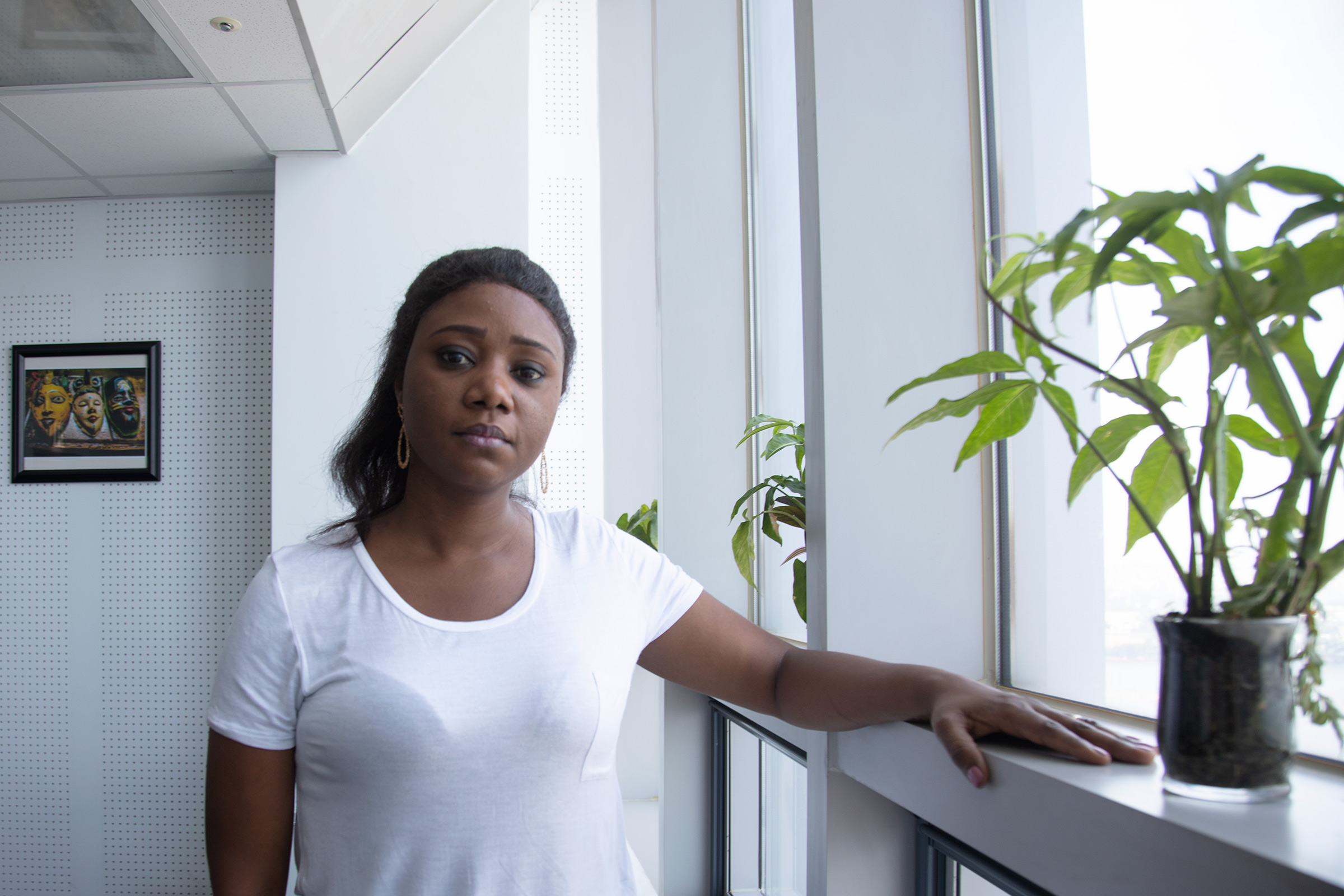African cities are among the fastest-growing in the world. With that steep trajectory—by 2050, it’s predicted that 80% of Africans will be living in cities—it’s essential that the plans put forth to address the climate crisis take urban life into account. Throughout the continent, cities like Freetown, Sierra Leone, are already weathering the impacts of climate change, including extreme temperatures.
Eugenia Kargbo, the first chief heat officer in Africa, is building resilience for Freetown. Appointing a heat officer shows that the climate crisis is an important issue that needs dedicated resources and attention. Through her work, Eugenia is building up Freetown’s adaptive capacity and coming up with innovative solutions to the challenges the city faces. Nature-based strategies—such as the effort to plant 1 million trees to help reduce temperatures on Freetown’s streets—are particularly cost-effective and promising. Such projects are models that other cities can learn from and adapt to meet their own needs. I’m sure that going forward there will be many heat officers across the world addressing the issue of rising temperatures, but as one of the first, Eugenia Kargbo is setting the standard.
Mathai, an environmentalist, is managing director for Africa and global partnerships at the World Resources Institute
- Donald Trump Is TIME's 2024 Person of the Year
- Why We Chose Trump as Person of the Year
- Is Intermittent Fasting Good or Bad for You?
- The 100 Must-Read Books of 2024
- The 20 Best Christmas TV Episodes
- Column: If Optimism Feels Ridiculous Now, Try Hope
- The Future of Climate Action Is Trade Policy
- Merle Bombardieri Is Helping People Make the Baby Decision
